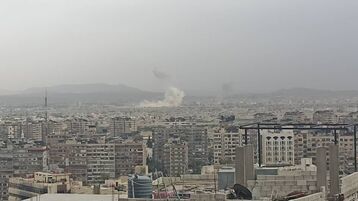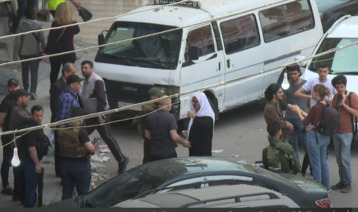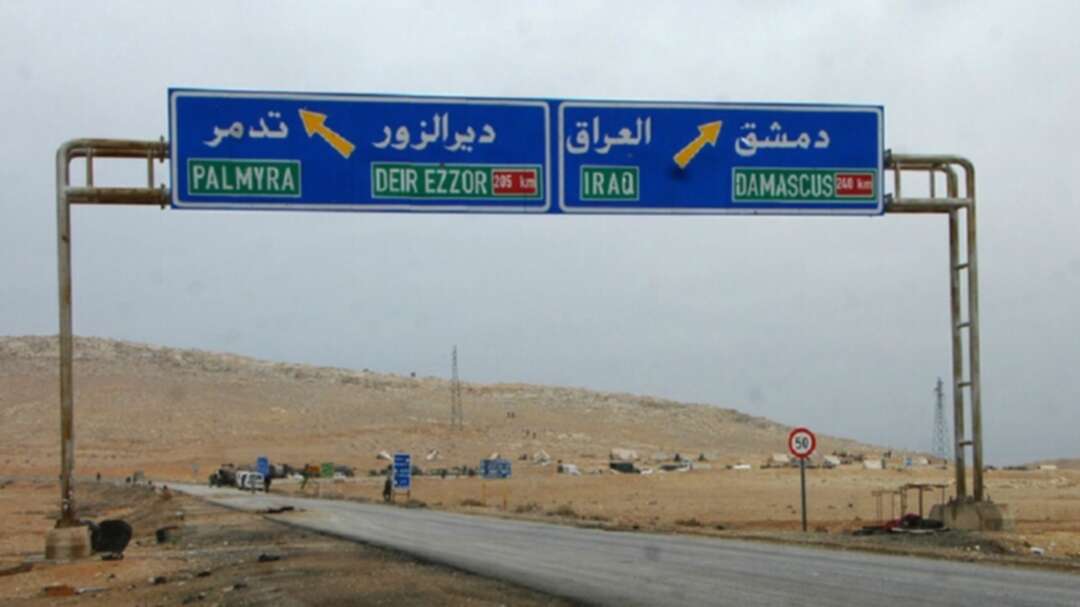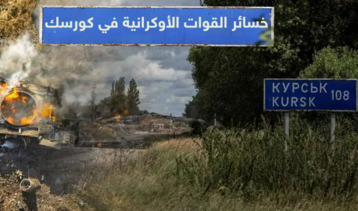-
American Strike Against Captagon Smuggling Networks Supporting the Syrian Regime
-
The intertwined relationships between drug dealers and Syrian officials indicate an integrated system that exploits state resources to support criminal activities and finance the regime
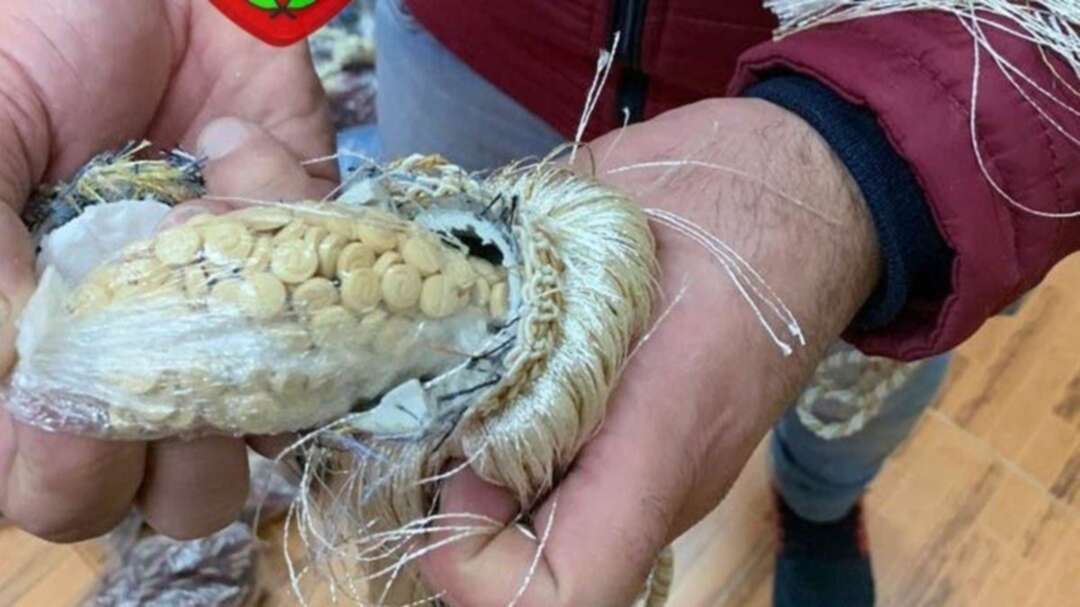
The U.S. Treasury Department announced the addition of three individuals to the sanctions list for their involvement in the production and trade of Captagon, a network allegedly benefiting the Syrian regime's president and his allies. The department clarified that senior officials in the Syrian regime oversee the manufacturing and smuggling operations of this dangerous drug.
The punitive measures included Khaldoun Hamia, a known drug dealer with close ties to the Lebanese Hezbollah and the Fourth Division of the Syrian regime's forces.
Hamia is believed to dominate Captagon production facilities in the Sayyida Zeinab area in the suburbs of Damascus. He also cooperated with border crossing officials between Syria and Lebanon to facilitate drug transportation to Jordan.
The department pointed out Hamia's role in directing Captagon trade revenues to the office of Maher al-Assad, the Syrian regime president's brother. Moreover, Hamia supplied Maher al-Assad with weapons and armored vehicles and made donations estimated at about one million dollars to Hezbollah.
The sanctions also affected Abdul Latif Hamida, a prominent businessman who owns a company used for Captagon smuggling. Estimates indicate that Hamida successfully shipped quantities of the drug to Europe exceeding $1.5 billion in value.
The U.S. measures also targeted Raji Falhout, described as a gang leader cooperating with the Syrian Military Intelligence and Hezbollah.
This move comes as part of ongoing U.S. efforts to dismantle drug trafficking networks associated with the Syrian regime, which constitute an important source of funding for its activities and those of its allies in the region. It highlights the magnitude of the challenge posed by this illicit trade at both regional and international levels.
Levant - Follow-up
You May Also Like
Popular Posts
Caricature
BENEFIT Sponsors BuildHer...
- April 23, 2025
BENEFIT, the Kingdom’s innovator and leading company in Fintech and electronic financial transactions service, has sponsored the BuildHer CityHack 2025 Hackathon, a two-day event spearheaded by the College of Engineering and Technology at the Royal University for Women (RUW).
Aimed at secondary school students, the event brought together a distinguished group of academic professionals and technology experts to mentor and inspire young participants.
More than 100 high school students from across the Kingdom of Bahrain took part in the hackathon, which featured an intensive programme of training workshops and hands-on sessions. These activities were tailored to enhance participants’ critical thinking, collaborative problem-solving, and team-building capabilities, while also encouraging the development of practical and sustainable solutions to contemporary challenges using modern technological tools.
BENEFIT’s Chief Executive Mr. Abdulwahed AlJanahi, commented: “Our support for this educational hackathon reflects our long-term strategic vision to nurture the talents of emerging national youth and empower the next generation of accomplished female leaders in technology. By fostering creativity and innovation, we aim to contribute meaningfully to Bahrain’s comprehensive development goals and align with the aspirations outlined in the Kingdom’s Vision 2030—an ambition in which BENEFIT plays a central role.”
Professor Riyadh Yousif Hamzah, President of the Royal University for Women, commented: “This initiative reflects our commitment to advancing women in STEM fields. We're cultivating a generation of creative, solution-driven female leaders who will drive national development. Our partnership with BENEFIT exemplifies the powerful synergy between academia and private sector in supporting educational innovation.”
Hanan Abdulla Hasan, Senior Manager, PR & Communication at BENEFIT, said: “We are honoured to collaborate with RUW in supporting this remarkable technology-focused event. It highlights our commitment to social responsibility, and our ongoing efforts to enhance the digital and innovation capabilities of young Bahraini women and foster their ability to harness technological tools in the service of a smarter, more sustainable future.”
For his part, Dr. Humam ElAgha, Acting Dean of the College of Engineering and Technology at the University, said: “BuildHer CityHack 2025 embodies our hands-on approach to education. By tackling real-world problems through creative thinking and sustainable solutions, we're preparing women to thrive in the knowledge economy – a cornerstone of the University's vision.”
opinion
Report
ads
Newsletter
Subscribe to our mailing list to get the new updates!

